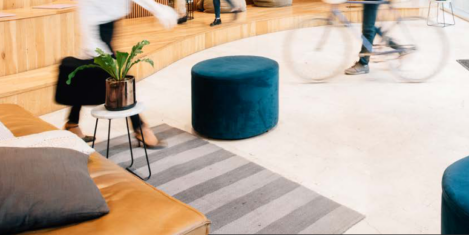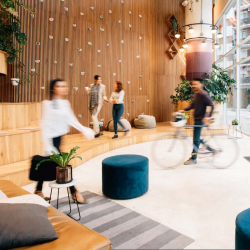September 29, 2022
Public transport makes commuting easier and boosts the labour market
 Following losses of £1.5bn in annual fare revenues incurred during the pandemic, Transport for London recently signed a deal with the UK government for emergency funding. The agreement ensures that new train orders, bridge repairs and tube upgrades will continue as planned. It also will lead to public transport fares rising and bus services being cut. While the Elizabeth Line, a £19 billion east-west addition to the London Underground, opened to great fanfare in May 2022, this year has also seen some of the oldest bus routes in the UK axed: including route 144 between Worcester and Birmingham, route 477 between Dartford and Orpington, and route 84 between north London and Hertfordshire. At least 135 bus routes countrywide currently face cutbacks or permanent cancellation. (more…)
Following losses of £1.5bn in annual fare revenues incurred during the pandemic, Transport for London recently signed a deal with the UK government for emergency funding. The agreement ensures that new train orders, bridge repairs and tube upgrades will continue as planned. It also will lead to public transport fares rising and bus services being cut. While the Elizabeth Line, a £19 billion east-west addition to the London Underground, opened to great fanfare in May 2022, this year has also seen some of the oldest bus routes in the UK axed: including route 144 between Worcester and Birmingham, route 477 between Dartford and Orpington, and route 84 between north London and Hertfordshire. At least 135 bus routes countrywide currently face cutbacks or permanent cancellation. (more…)


































September 22, 2022
Getting working culture right is essential to hiring, supporting and retaining workers
by Richard Guy • Comment, Flexible working, Wellbeing, Workplace design